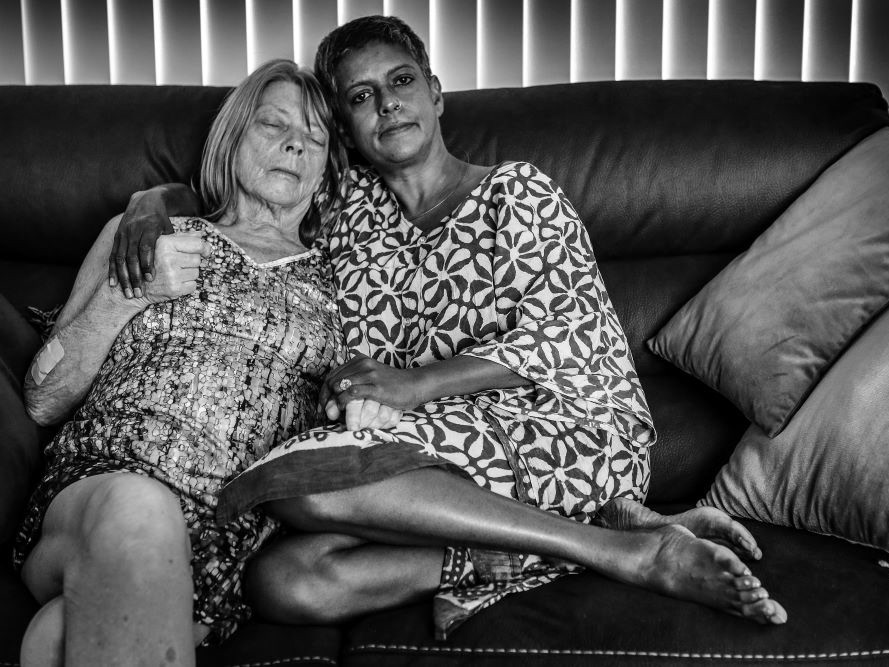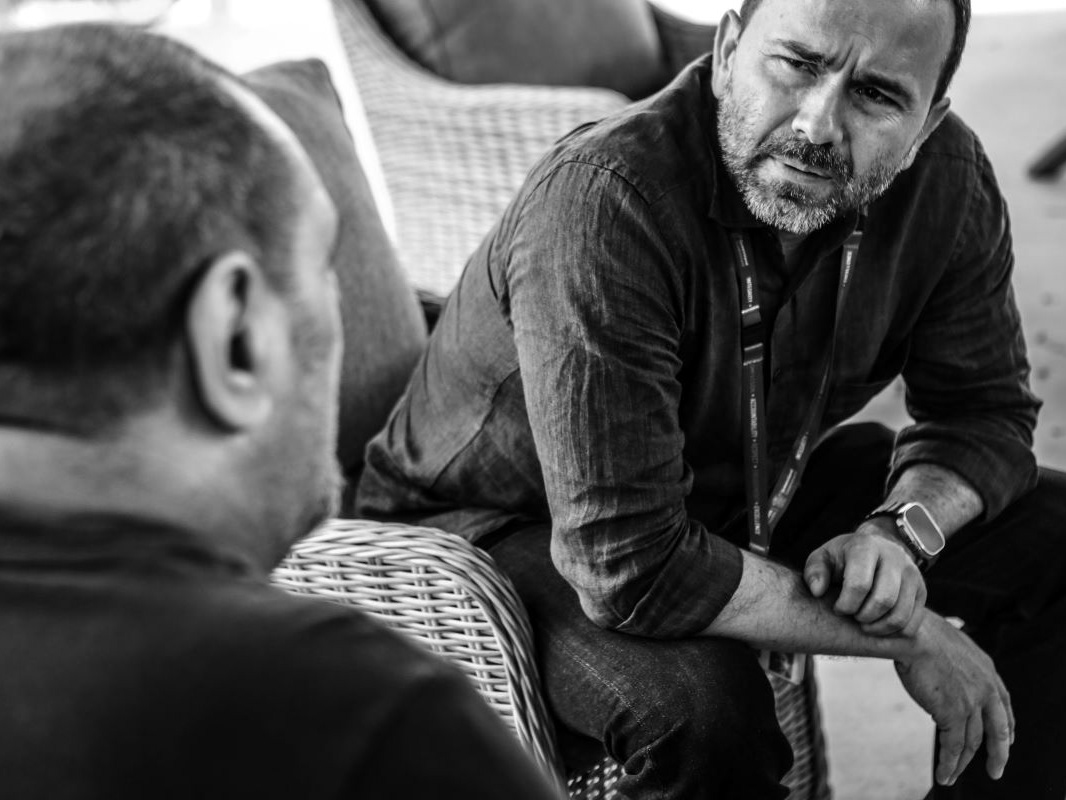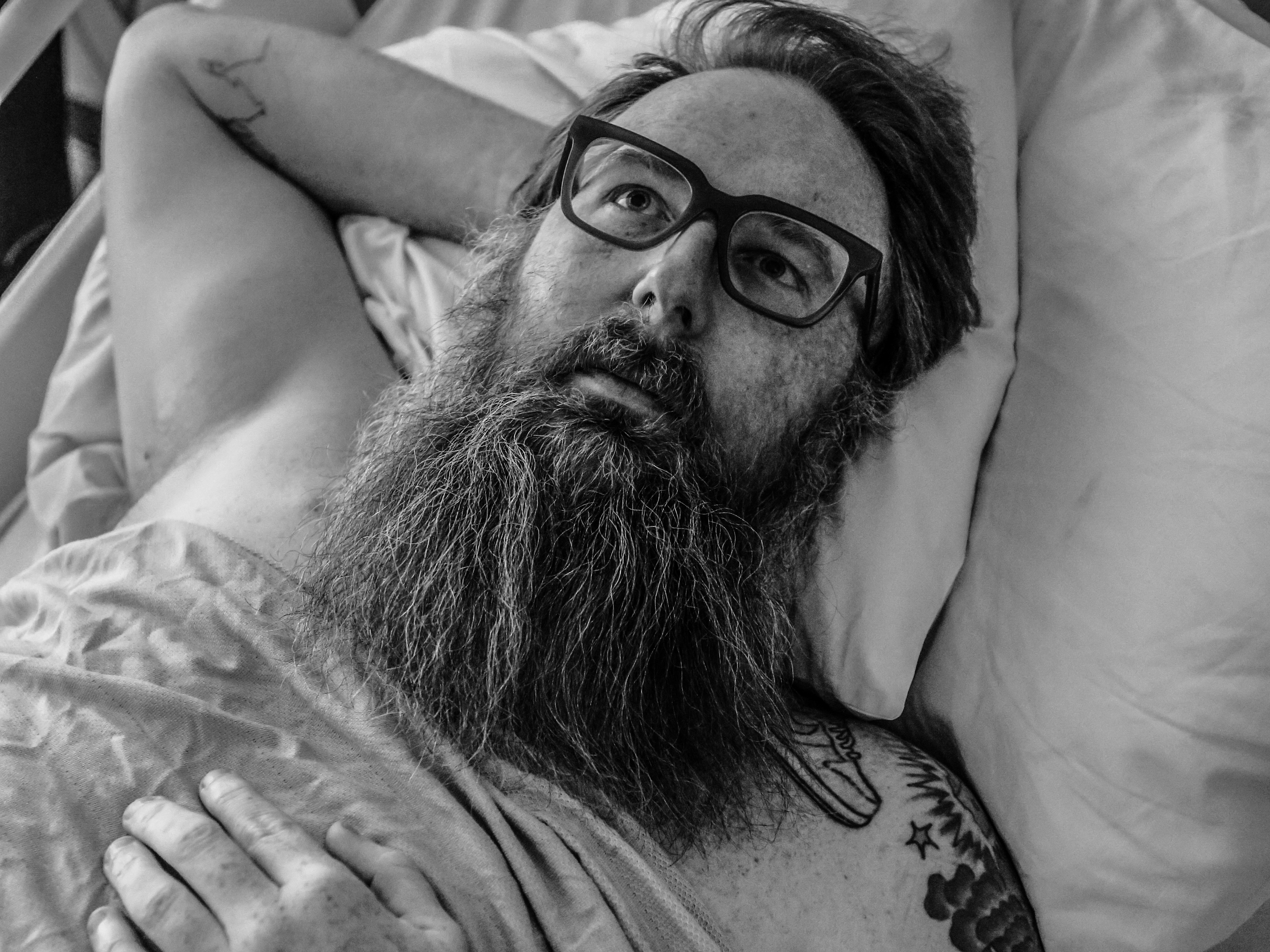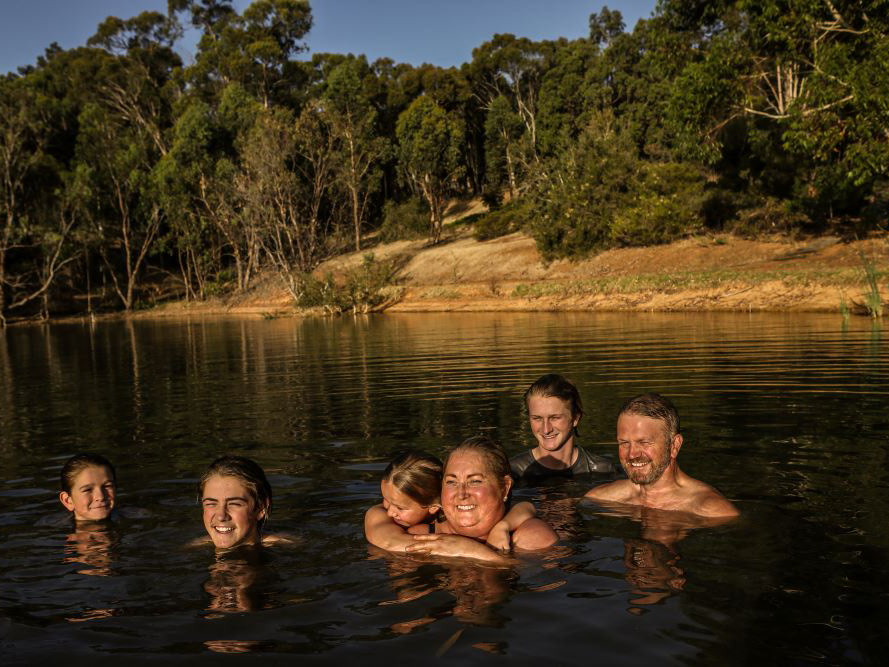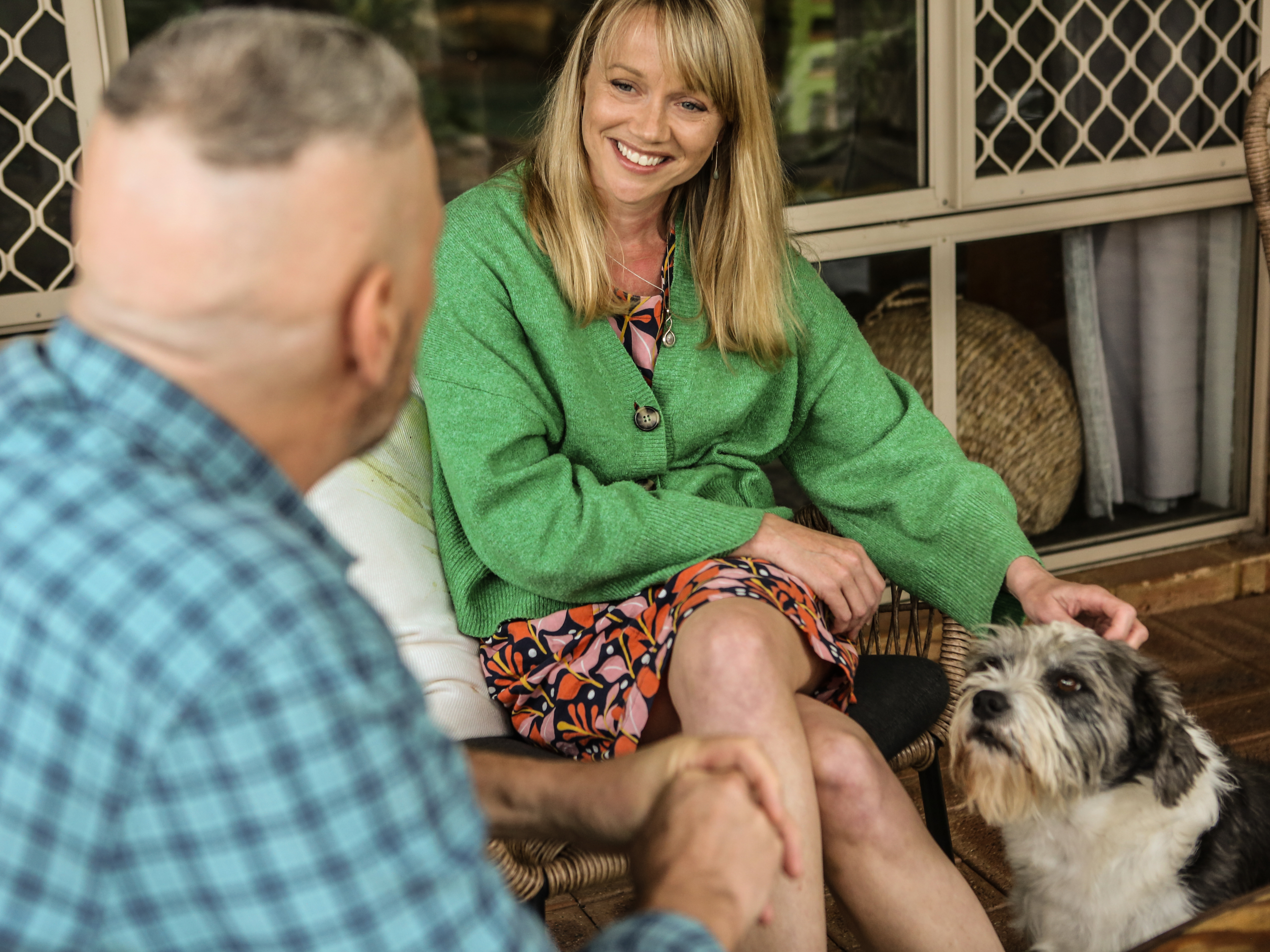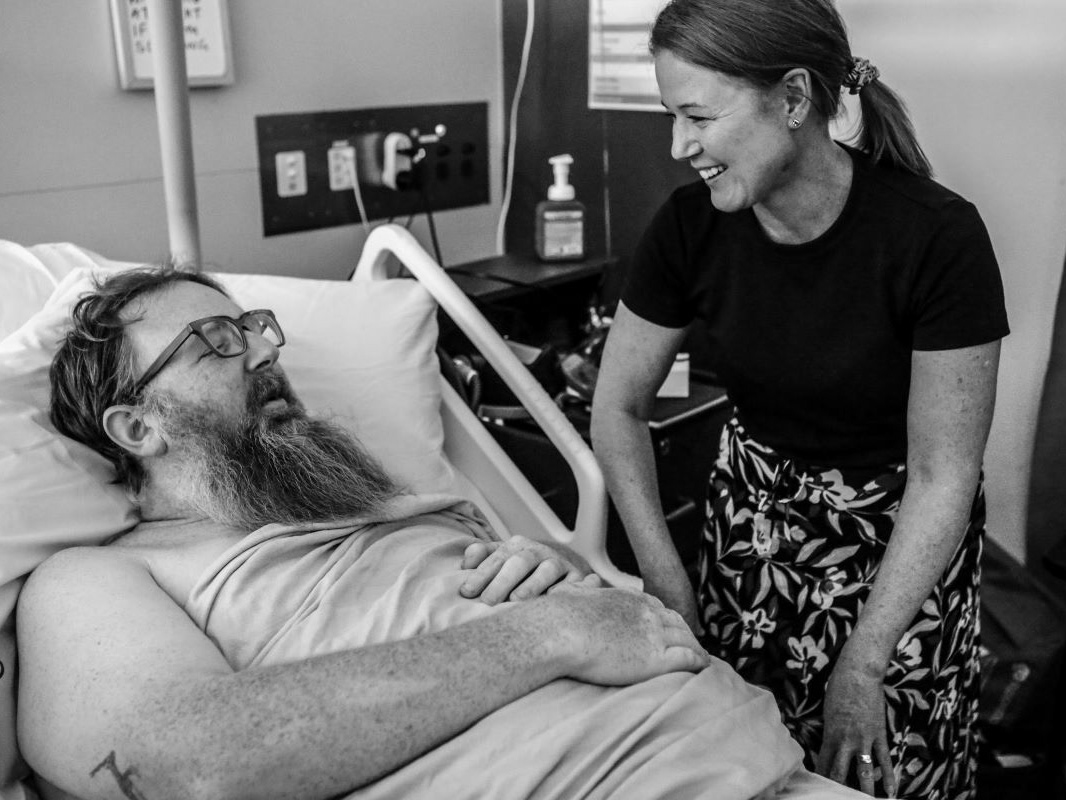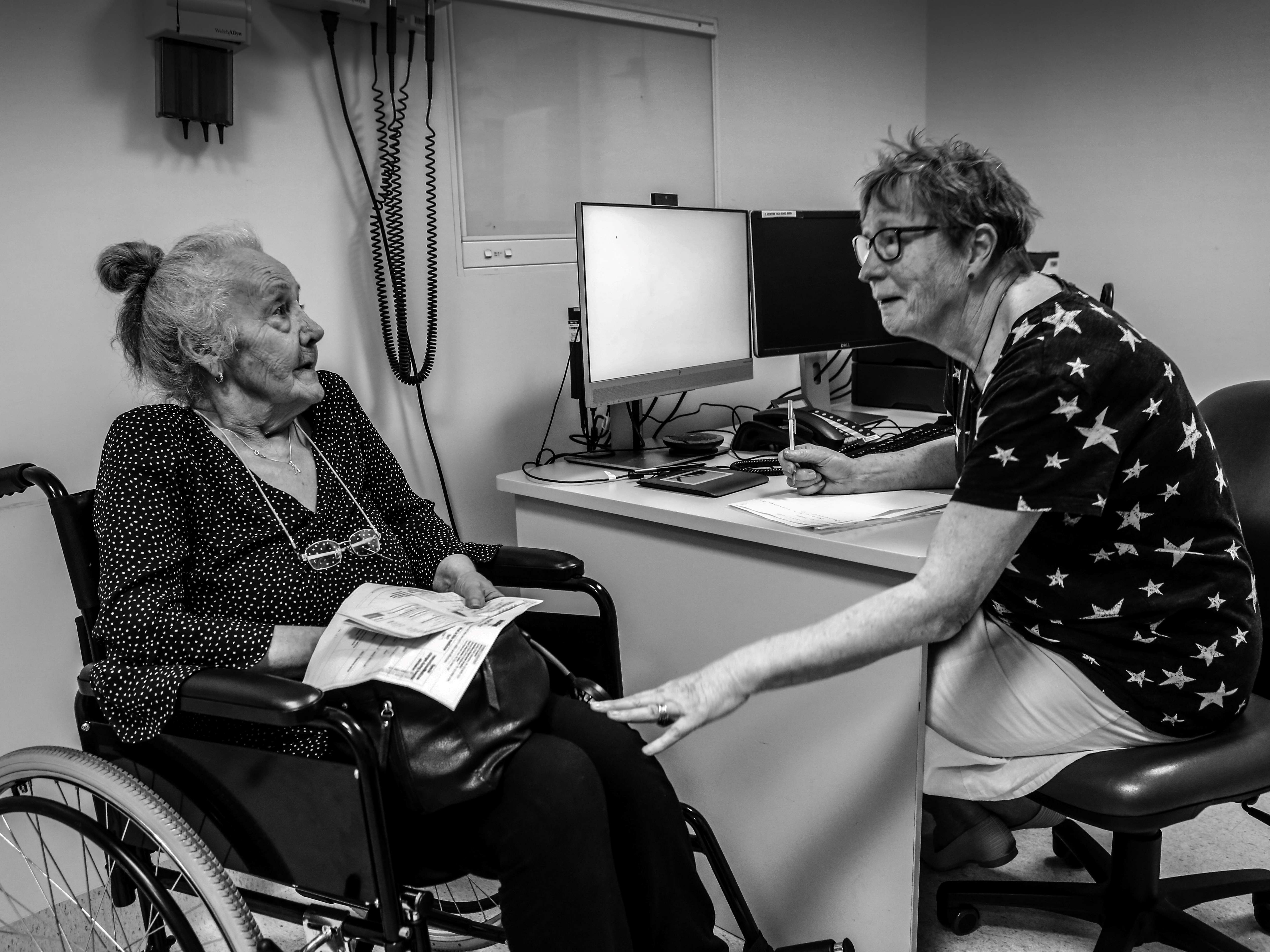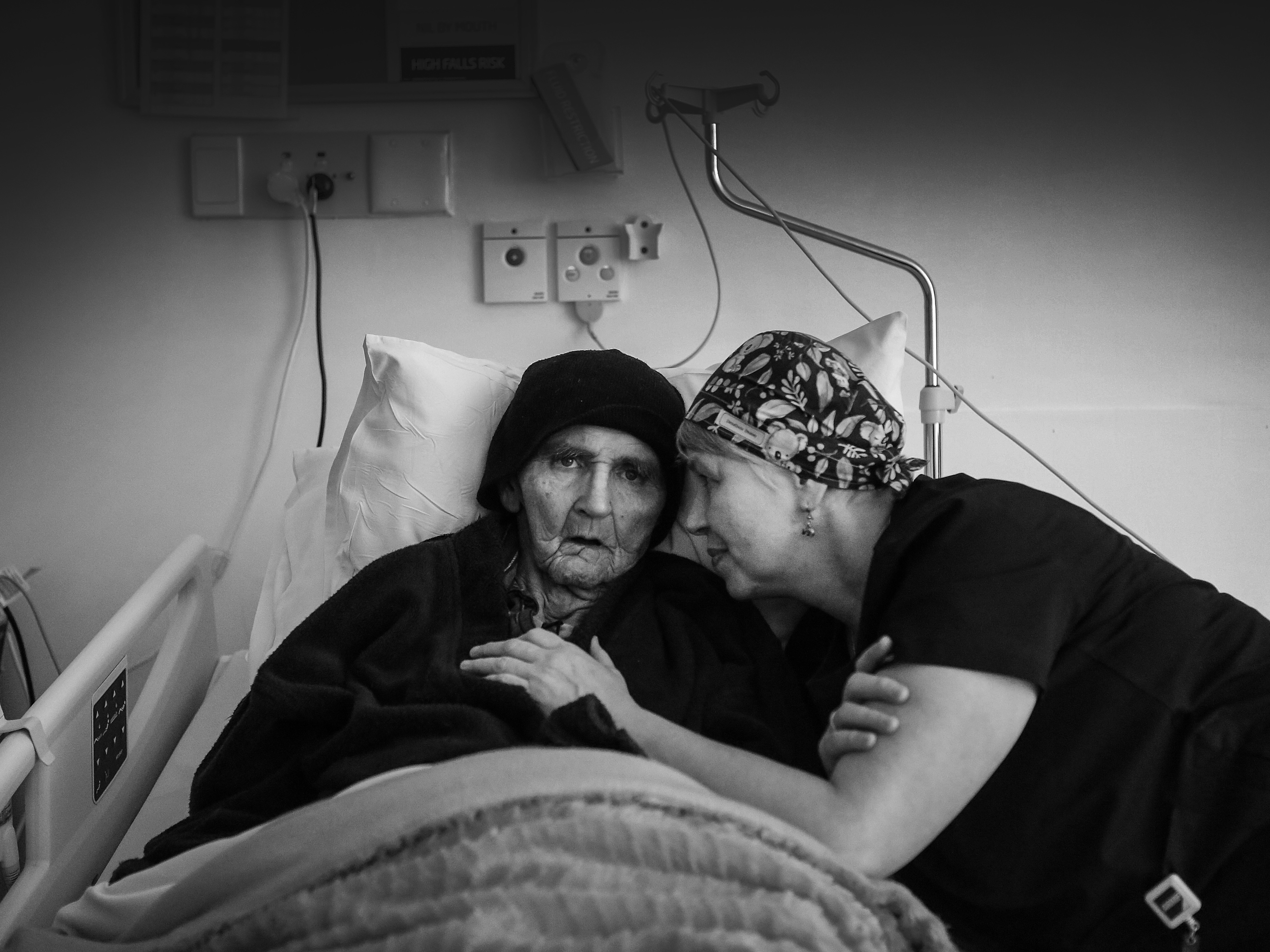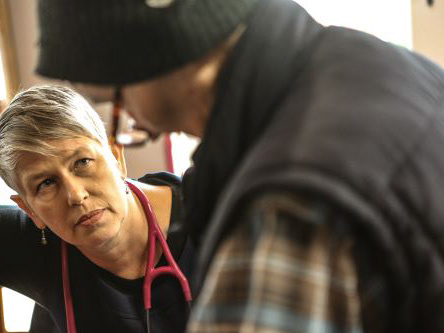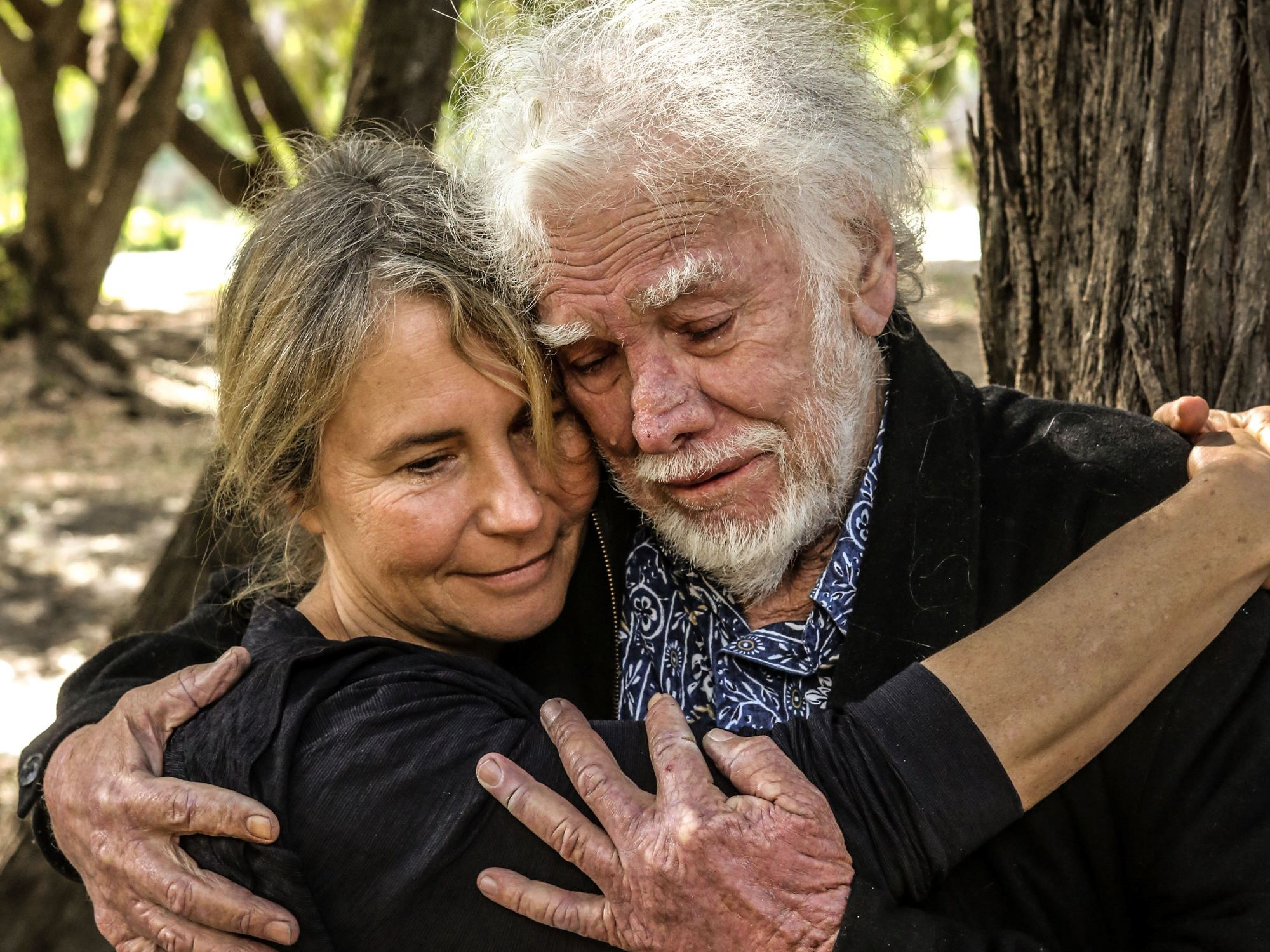One of the deepest acts of love is to let someone go, even when it is the last thing you want to do. Many people see supporting a loved one through voluntary assisted dying as a profound expression of that love.
However, death – no matter how it happens – is still a profoundly unsettling experience.
Judith Riseley has a unique perspective on the impact of an asssited death. A GP who offers assisted dying services in Victoria and Tasmania, she also helped her husband Nigel seek an assisted death in 2021.
“When you experience an assisted death – either as a family member or a medical practitioner – there is a great deal of nuance, especially in the conflicted feelings that you can have,” Judith explained. “With Nigel, I was surprised by how uncomfortable I felt.”
While she remained a firm supporter of VAD – “I agree with it 100 per cent. I believe that a person in Nigel’s situation should be free to end their life and I’ll continue to provide for this with my patients” – Judith worried about accounts that only focused on the positives.
Rareley was the experience black and white.
“I remember feeling shock after Nigel took the medication,” Judith said. “There was a deep feeling in my soul that it was wrong despite my head telling me it was right. My daughter Katie and my son had similar feelings.”
Katie, who is a PhD candidate in social research, says her family was more informed than most but were still underprepared for the social idiosyncrasies that accompanied this relatively new end-of-life option.
“VAD made all the difference in the world to Nigel," Katie said. "To have access to that fundamental choice in his last months was so important and we need to make sure that choice is available to everyone. But, even though on every moral and intellectual level I know that this was the right thing for Nigel, I still feel we broke a social norm.
“I worry that other people might find themselves in the same boat. We need to have a really good think about how we support people to be with their loved ones as they access assisted dying.”
She said very few people had the confidence to have a conversation with Nigel about how he felt about what was coming up. "There was no accepted language around VAD. The burden often fell to him to manage the dialogue.”
Judith and Katie believed that now laws were operating in all states, it was time to have a broader conversation about end of life, especially the VAD option.
“We need some broad, whole-of-community education,” Katie said.
“How do we provide practical guides to individuals and their loved ones about what to expect? How do we build the community’s capacity to have these conversations?
“And how do we raise these questions without them being taken, misinterpreted, and used as ammunition by those who want to block or discredit VAD?”

